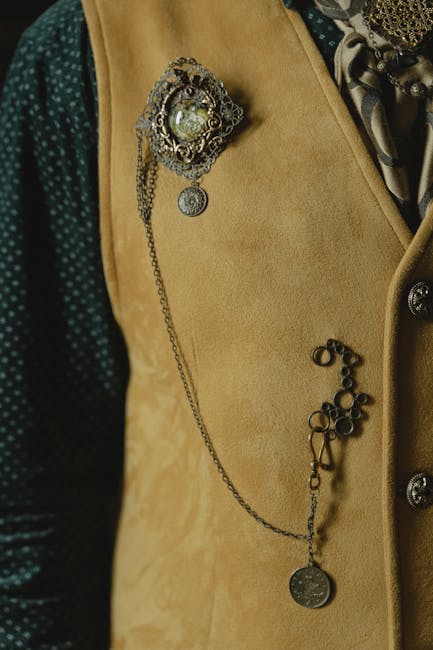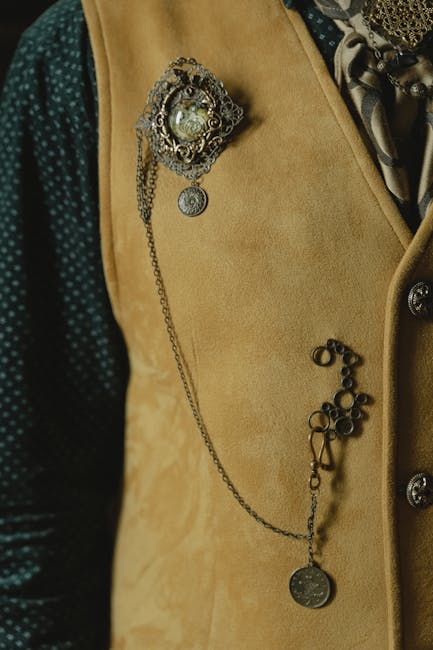House of the Dragon: A Deep Dive into the Game of Thrones Prequel Show and its Impact
The legacy of Game of Thrones is undeniable. Its impact on popular culture, television production, and the fantasy genre as a whole is profound. But the ending of the original series left many viewers yearning for more. Enter House of the Dragon, the highly anticipated prequel that dives into the history of House Targaryen, promising a return to the intricate political maneuvering, epic battles, and captivating characters that defined its predecessor. This comprehensive article explores the show’s creation, its critical reception, its impact on the franchise, and what it means for the future of the Game of Thrones universe.
From Page to Screen: Adapting Fire & Blood
House of the Dragon is based on George R.R. Martin’s Fire & Blood, a non-fiction historical account of the Targaryen dynasty. Unlike the original series, which adapted the existing novels, House of the Dragon adapts a historical text, allowing for a different storytelling approach. This choice presented both opportunities and challenges. The historical context provides a rich tapestry of events and characters, allowing for a more sprawling narrative, but it also requires careful selection and adaptation to fit a television format. Showrunners Ryan Condal and Miguel Sapochnik faced the task of condensing centuries of history into a cohesive and engaging narrative while remaining faithful to Martin’s vision.

Navigating the Targaryen Dynasty: Key Characters and Conflicts
The show centers around the Dance of the Dragons, a brutal civil war that tears apart the Targaryen family. Key characters include Princess Rhaenyra Targaryen, the heir presumptive to the Iron Throne, and her uncle, Prince Daemon Targaryen, a charismatic but volatile warrior. Their conflicting ambitions and the complex web of alliances surrounding them drive the central conflict. Other crucial characters include King Viserys I Targaryen, Rhaenyra’s father and the king who must navigate the treacherous waters of succession, and Alicent Hightower, whose relationship with Viserys and Rhaenyra significantly impacts the unfolding drama. The show deftly portrays the complexities of these characters, highlighting their motivations, flaws, and ambitions.
Critical Reception and Audience Engagement
House of the Dragon received generally positive reviews upon its release. Critics praised the show’s improved pacing compared to the later seasons of Game of Thrones, the strong performances of the cast, and the stunning visual effects. The return to the intricate political machinations that characterized the earlier seasons of Game of Thrones was also lauded, with many viewing it as a welcome return to form. However, some critics noted that the show occasionally falls into the same traps as its predecessor, namely the excessive use of violence and sexual content.

The audience response has been similarly enthusiastic, with high viewership numbers demonstrating significant interest in the prequel. Social media buzz has been substantial, with numerous discussions surrounding character motivations, plot twists, and the show’s overall direction. This suggests a devoted fanbase eagerly anticipating future seasons. The show’s success highlights the enduring appeal of the Game of Thrones universe.

The Impact on the Game of Thrones Franchise
House of the Dragon’s success has significant implications for the future of the Game of Thrones franchise. It demonstrates the continued demand for stories set in this rich and complex world. It paves the way for potential future spin-offs and expansions of the franchise, extending the lore and delving deeper into various aspects of Westerosi history. The financial success also solidifies the franchise’s position as a leading player in the television landscape.
Expanding the Universe: Future Possibilities
- Further Prequels: The success of House of the Dragon opens the door to exploring other periods in Westerosi history, focusing on different families and eras.
- Sequels: While unlikely to directly follow the events of Game of Thrones, a sequel series could focus on the aftermath of the original show or explore the lives of future generations.
- Animated Series: An animated series could provide a unique lens for exploring different aspects of the lore, allowing for a broader scope of storytelling.
The Legacy of Dragons and Iron Thrones
House of the Dragon is more than just a prequel; it’s a testament to the enduring power of the Game of Thrones universe. It successfully rekindles the magic that captivated audiences worldwide, showcasing the intricate political tapestry, compelling characters, and epic storytelling that defined the original series. Its success underscores the franchise’s potential for continued growth and expansion, suggesting a long and vibrant future for the world of Westeros. While it faces challenges in maintaining the quality and avoiding the pitfalls of its predecessor, the early signs are positive, indicating that the legacy of dragons and iron thrones is far from over.
The show’s impact extends beyond its immediate viewership. It has sparked renewed interest in George R.R. Martin’s books and has further cemented the Game of Thrones franchise’s position in popular culture. The meticulous attention to detail, the impressive cast, and the compelling storyline have all contributed to its success, ensuring that the legacy of Game of Thrones will continue to thrive for years to come. The success of House of the Dragon isn’t just about entertainment; it’s a testament to the enduring appeal of epic fantasy and the power of well-crafted storytelling.

